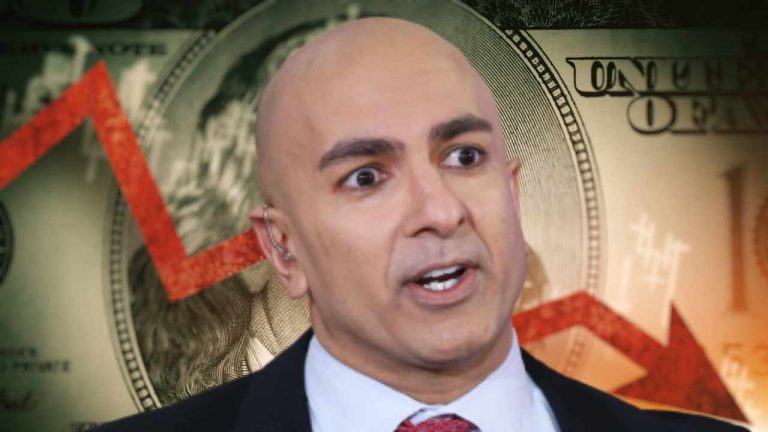The Indian government has plans to fast track a crypto bill and introduce crypto laws in a month. The government may introduce an ordinance to bring the law into force without going through a long legislative process.
Using an ordinance for crypto laws
A new bill in the Indian parliament seeks to ban cryptocurrencies in the country. It will also create a framework for the introduction of an official digital currency by the Reserve Bank of India (RBI). Local news outlet CNBC-TV18 cited unnamed sources and said,
“The government may take the ordinance route to pass the Cryptocurrency and Regulation of Official Digital Currency Bill.”

Reporter Timsy Jaipuria said that the government plans on clearing the bill as soon as possible. The bill is being prepared by the Cabinet Secretariat, Financial Ministry, and the PMO. They are planning to get the bill cleared as soon as possible. Jaipuria also noted that the proposal can be introduced directly via an ordinance. The cabinet reached an understanding on this during their last meeting on February 3.
How do ordinances work?
Ordinances can be brought by the President of India if recommended by the union cabinet. This helps in fast-tracking legislation and is comparable with the Act of Parliament. The current session of the Parliament began on January 29 and will continue till April 8. The first phase of the session will end on February 13 and the second is set to begin on March 8.
The new crypto bill could look similar to a draft proposal by an interministerial committee (IMC) headed by Subhash Chandra Gag, former Finance Secretary. Garg has since resigned from the government. India’s Minister of State for Finance Anurag Thakur talked about cryptocurrencies in Rajya Sabha (upper house of the parliament) but there is still a lack of regulatory clarity on the state of cryptos in India. The local crypto community recently launched a campaign to persuade the government to not take a stance.

 3 years ago
131
3 years ago
131 

